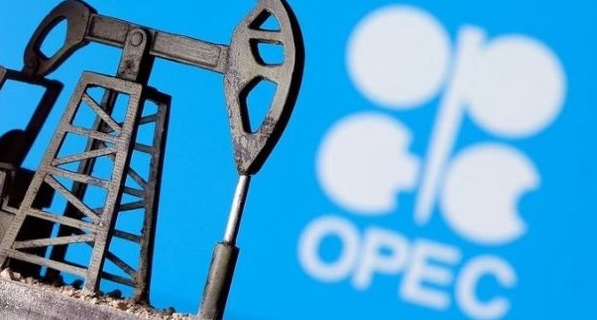By John Ikani
Amidst global efforts to combat climate change, the OPEC oil cartel, in its 2023 annual report, stated on Monday that it foresees a continuous rise in crude oil demand over the next two decades.
Under its primary projection, the Organization of the Petroleum Exporting Countries predicts crude oil demand to surge to 116 million barrels per day (mbd) by 2045, marking a substantial 16.5 percent increase from the 99.4 mbd reported in 2022.
Notably, this represents a growth of 6 mbd from last year’s estimate.
OPEC’s Chief, Haitham Al Ghais, noted that there’s potential for even higher oil demand.
According to him, “What is clear is that the world will continue to need more energy in the decades to come.”
The assertion comes just ahead of the upcoming UN climate conference, COP28, in Dubai, where many countries will push for the phasing out of fossil fuels like oil, natural gas, and coal.
According to OPEC, which includes member states like Saudi Arabia, Gulf nations, and Venezuela, the driving force behind the surge in oil demand will be emerging and developing nations, with India leading the pack.
Conversely, the organization predicts a decline in oil demand among advanced economies in the OECD club starting in 2025.
To meet this escalating demand, OPEC insists that additional investments in fossil fuel production are imperative, estimating a staggering $14 trillion investment requirement by 2045, roughly equivalent to $610 billion annually.
Al Ghais, a Kuwaiti oil executive, stressed the importance of these investments, stating, “It is vital that these are made; it is beneficial for both producers and consumers.”
He cautioned against calls to halt investments in new oil projects, criticizing the International Energy Agency (IEA).
In a surprising move in 2021, the IEA drew global attention and raised concerns among oil-exporting nations by advocating for a cessation of new investments in fossil fuel production to achieve carbon neutrality by 2050.



































